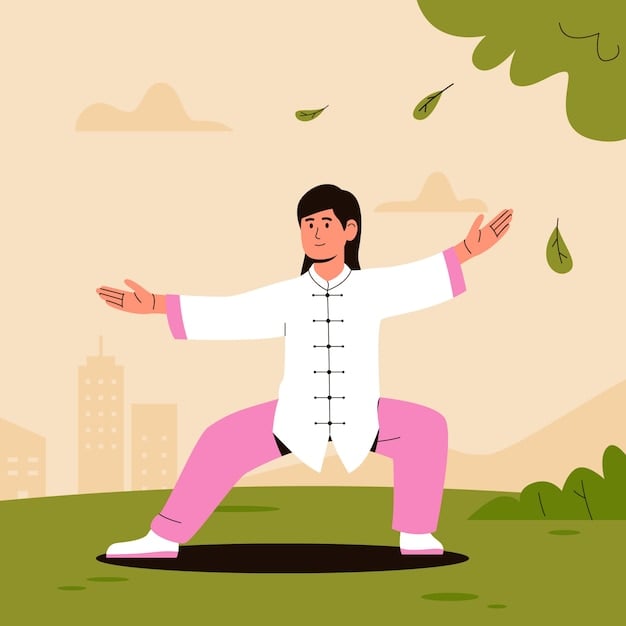this post was submitted on 22 Sep 2024
96 points (92.1% liked)
Asklemmy
44308 readers
1623 users here now
A loosely moderated place to ask open-ended questions
If your post meets the following criteria, it's welcome here!
- Open-ended question
- Not offensive: at this point, we do not have the bandwidth to moderate overtly political discussions. Assume best intent and be excellent to each other.
- Not regarding using or support for Lemmy: context, see the list of support communities and tools for finding communities below
- Not ad nauseam inducing: please make sure it is a question that would be new to most members
- An actual topic of discussion
Looking for support?
Looking for a community?
- Lemmyverse: community search
- sub.rehab: maps old subreddits to fediverse options, marks official as such
- !lemmy411@lemmy.ca: a community for finding communities
~Icon~ ~by~ ~@Double_A@discuss.tchncs.de~
founded 5 years ago
MODERATORS
you are viewing a single comment's thread
view the rest of the comments
view the rest of the comments

While I'm not familiar with the practices of Tai Chi and its history, I am familiar with the stories and mysticism of "inner" martial arts and chi due to my cultural background. I've always been fascinated with martial arts and kung fu, and have recently taken up karate and its cultural histories. I also have a degree in kinesiology and will agree that the human body is such a complex and fascinating subject. The word "chi" or "ki" literally means air or in the context of martial arts, breath, and I will associate it as such. In every martial arts that I've seen, breathing is always a subject in the forefront. But as far as listening to tall tale stories and feats that chi can achieve, I always smile and nod but take it with a grain of salt
Indeed. I really like my teacher because he quite often avoids to pepper notions that would sound mystic because we're ignorant of them. He gave us the exact approach to "chi" that the one you're describing.